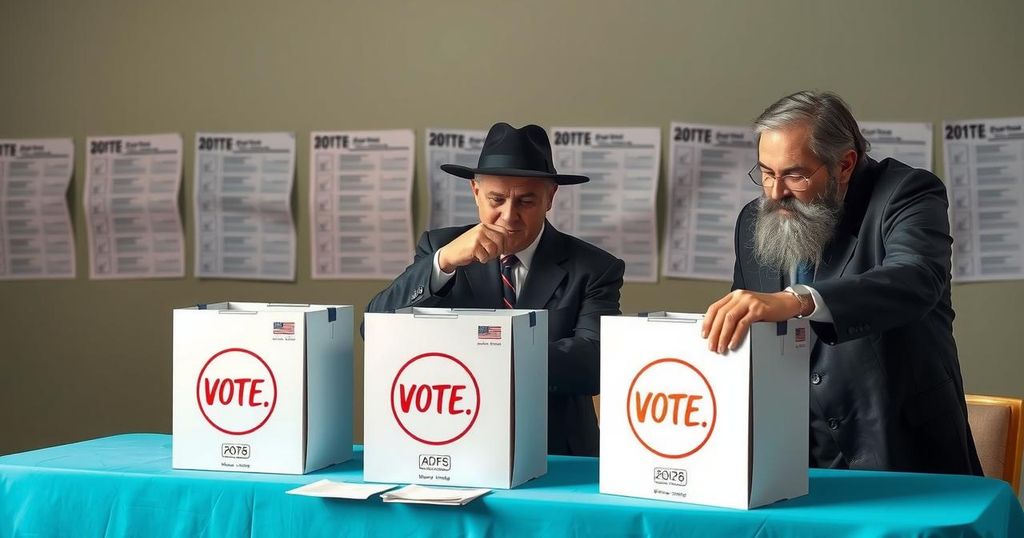Bolivia’s Controversial Judicial Elections: Insights and Implications for Democracy

Bolivia is scheduled to hold judicial elections, a unique practice worldwide, that has sparked significant controversy and public skepticism. Candidates have resorted to unconventional campaign strategies amidst widespread indifference, highlighting a complicated relationship between the judiciary and politics in the country. This electoral process has faced criticism regarding its implications for judicial impartiality and democratic integrity, drawing close scrutiny from international observers.
In Bolivia, Sunday marks the third occasion for a divisive popular vote concerning the nation’s judiciary, a unique phenomenon globally, with elections for top judicial positions. While campaigning is prohibited, candidates have resorted to creative tactics, such as appearing on snack packaging, highlighting a public unawareness of the judicial candidates. Critics claim these elections, initiated as efforts to purge corruption, have politicized the judiciary, transforming it into a tool for political gain rather than a neutral arbiter of justice.
Historically, former President Evo Morales altered the judiciary in 2009, transitioning from a qualifications-based selection system to popular elections for judges. This shift was intended to dismantle entrenched corruption but has not delivered the anticipated benefits, according to many voters, who are left confused and disillusioned by the process. With only four of the nine seats on the powerful Constitutional Court being contested this time, voter turnout is expected to remain low, as previous elections have demonstrated a lack of enthusiasm for this system.
The context of these elections is fraught with political intrigue, particularly with ongoing power struggles between current president Luis Arce and former president Morales, who previously relied on the judiciary to extend his time in power. Allegations of manipulation and legal improprieties dominate the landscape, further exacerbating public skepticism regarding the legitimacy of these elections and the judges’ independence once elected.
This judiciary election’s legitimacy has been called into question, not least because of the Constitutional Court’s decision to delay the elections, perceived as an effort to safeguard allies within the judiciary. Observers, including the Inter-American Court of Human Rights, have criticized these actions as detrimental to judicial integrity and democracy in Bolivia. As Bolivia navigates these challenges, Mexico is closely monitoring the situation, following its own recent reforms to judicial processes.
Bolivia uniquely holds judicial elections, a practice anticipated to spread to Mexico following significant judicial reforms. The Bolivian system, adopted over a decade ago, altered the judiciary from a nomination process focused on qualifications to a popular electoral system, ostensibly to promote democracy and dismantle corruption. However, this shift has fostered deep public skepticism and accusations of increased politicization of the judiciary, with critiques suggesting it undermines checks and balances essential to a democratic society.
The upcoming judicial elections in Bolivia illustrate the complexities of merging judicial independence with democratic processes. As the nation faces internal conflict regarding the integrity of its judiciary and the impact of political maneuvering, the upcoming vote may further influence public perception and the future political landscape. Observers and critics alike question whether Bolivia’s model will serve as a cautionary tale for other nations, particularly Mexico, as they approach similar reforms.
Original Source: abcnews.go.com







